 I’m very proud to welcome today, YA author and brilliant blogger, Janice Hardy.
I’m very proud to welcome today, YA author and brilliant blogger, Janice Hardy.
Janice Hardy always wondered about the darker side of healing. For her fantasy trilogy THE HEALING WARS, she tapped into her own dark side to create a world where healing was dangerous, and those with the best intentions often made the worst choices. Her books include THE SHIFTER, BLUE FIRE and DARKFALL. She lives in Georgia with her husband, three cats and one very nervous freshwater eel. You can visit her online at www.janicehardy.com, chat with her about writing on her blog, The Other Side of the Story or find her on Twitter @Janice_Hardy
Take it away, Janice…
The Voice in My Head: How My YA Voice (and Narrator) Found Me
Before I started my debut novel, I’d always written third person narrators with multiple POVs. First person was this scary perspective I knew was hard to get right, so I stayed away from it. That is, until I sat down to write THE SHIFTER.
And it came out in first person.
A huge shock, let me tell you. There was no conscious thought to do this; my protagonist, Nya, just spoke to me in that voice. It was her story, and she wanted to tell it in her words, not mine. I was smart enough to let her do it, even though trying first person was a little intimidating.
I’m so glad now that I did.
Not only was it the right perspective for the book, I realized that my voice and style felt more natural in first person. It allowed me to get closer to my narrator and see the world through her eyes better. I felt part of her story, not watching it from afar.
I also realized I was totally a YA writer. My voice was a YA voice.
“Voice” is probably one of the more frustrating aspects of writing, especially writing for teens. It’s one of those things you know when you hear it, and if it’s not there the story doesn’t feel YA. Just making your narrator a teen isn’t going to make it a YA novel.
So how do you get that voice?
I could tell you the basics – write like a teen, don’t talk down to them, don’t rely on stereotypes or slang, read a lot of YA to get the feel, but that only gets you so far. To have an effective YA voice, it helps to tap into your inner teen and see the world (be it fantasy or downtown Atlanta) through their eyes.
1. Live in the moment
What I love about YA is that there’s a sense of immediacy in everything the characters say and do. Right now matters. Action matters. Feelings matter. It’s tactile and messy and occurring as you read it instead of hearing about it after the fact.
2. Over think it
Remember when you were a teen and you looked at everything the person you liked said or did and tried to figure out what it meant? YA is all about figuring stuff out. Even when a character is too terrified to do anything, there’s still a lot going on in her head. And she’s usually concerned about all of it and what it means to her.
3. Make a lot of mistakes
You don’t want your characters to be stupid, but consequences aren’t considered as carefully in YA as they are in adult novels, because characters haven’t made enough mistakes yet to have learned from them. They honestly don’t know any better, and these are the situations that make them learn their future wisdom. When you live in the moment and over think things, emotions run too high, judgment gets impaired and you act.
When choosing a narrator for a YA project, I take all three of these things into consideration.
1. Live in the moment
Who is at the center of whatever trouble or situation the story is about? Whatever is happening is most likely happening to them. (YA narrators don’t just sit on the sidelines and watch) Following them will lead the reader to all the cool events and problems in the book.
2. Over think it
Who has the most to win or lose in this story? The character who will think about what has to be done, why it matters, and how it might turn out because it’s just that important to them? They’re the ones who probably have the highest stakes and will be the most affected by the story problem.
3. Make a lot of mistakes
Who will grow the most over the course of the story? The character who will try and fail, learn from those failures (even if it takes a few tries) and grow as a person? This is the character who will be fun to read about, because they’ll have lots of struggles to keep readers hooked and interested.
The YA voice is more than slang or shallow conversation about hair and boys. Teens deal with serious issues like the rest of us, they just do it in their own way. Approach your story as someone who hasn’t been through it all before, and you just might find your own teen voice.
Do you have a YA voice or an adult voice? Which do you feel more comfortable writing? Reading?
Be sure to check out Janice’s Healing Wars Trilogy!





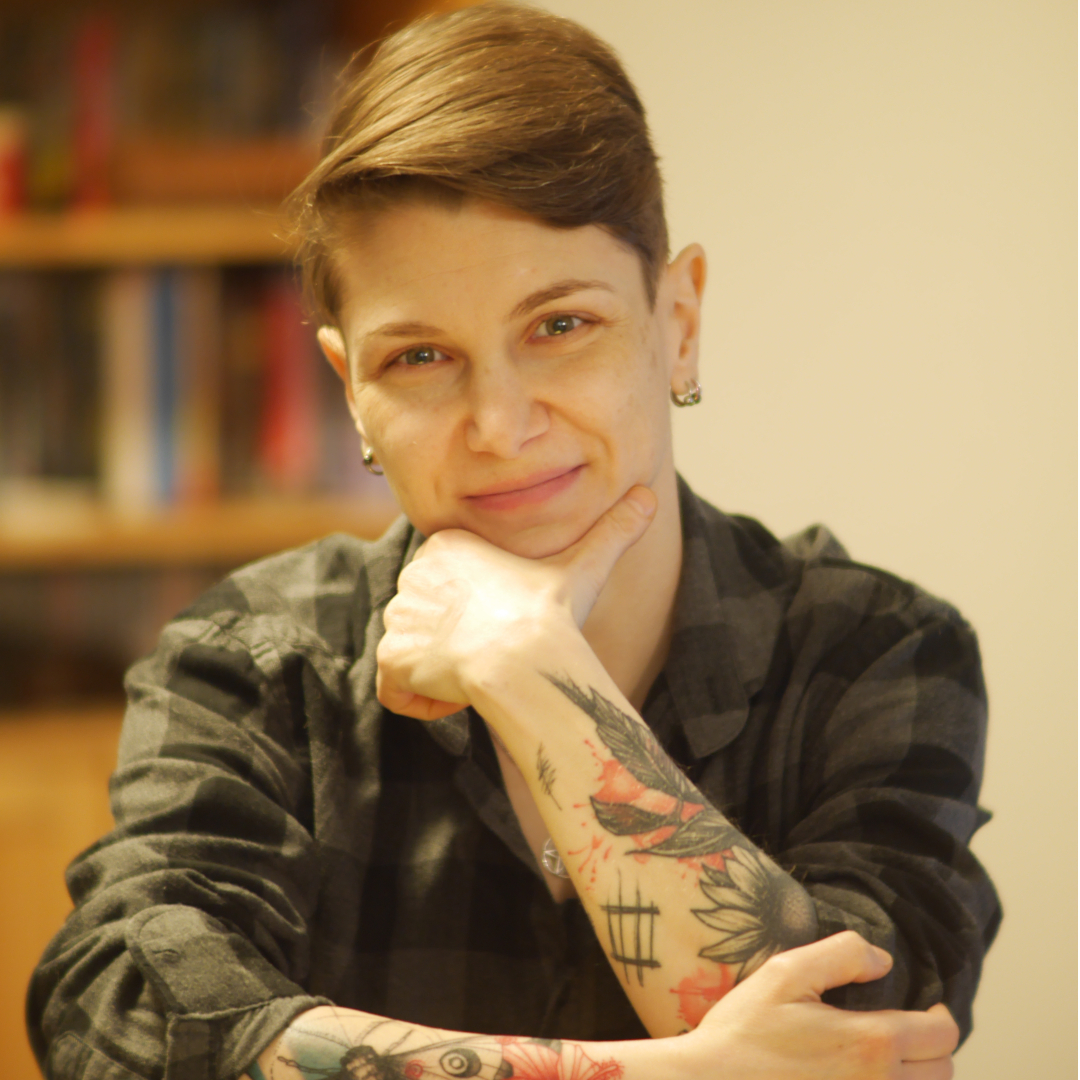


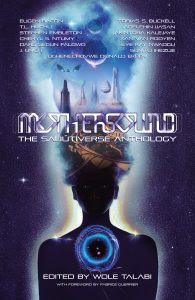

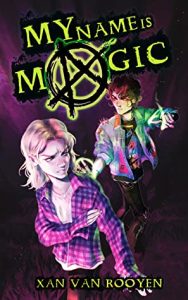
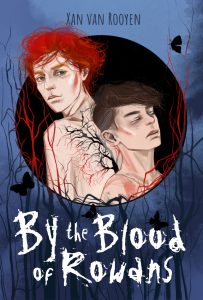

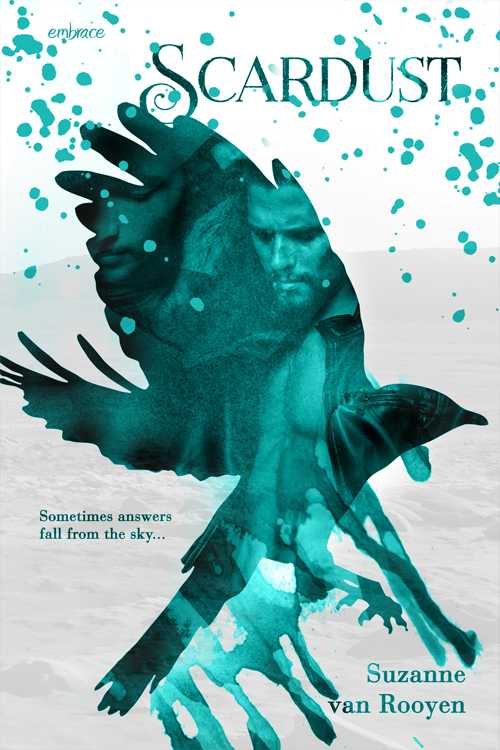
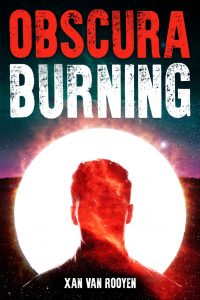
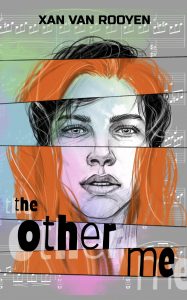

Pingback: Bookish News and Publishing Tidbits 7 March 2012 | Read in a Single Sitting - Book reviews and new books()
Pingback: Get out the flak jacket, here come the big guns « Audrey Kalman()